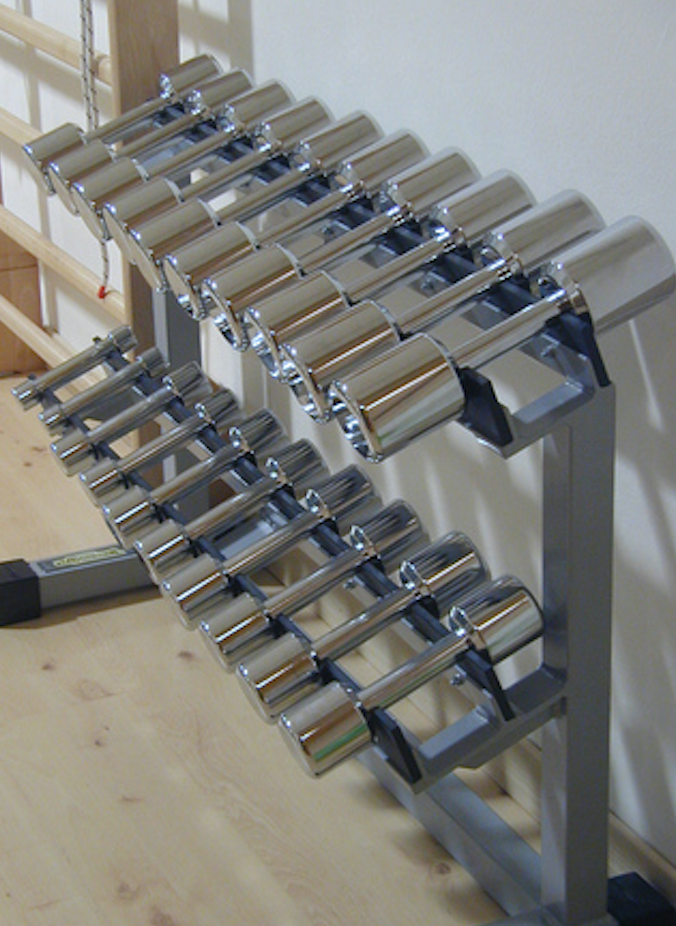A friend recently asked me to help him handle his anger. While waiting in a slowly moving line at the grocery store, he found himself fuming in a way that did not seem appropriate. “The response didn’t fit the crime,” he told me. “What do you do when you find yourself in those situations? What do you tell yourself when you’re in the heat of the moment?”
I wish I had no idea what he was talking about. But I have struggled with anger enough to relate rather well to him. I, too, have had expressions of rage that don’t “fit the crime.”
Our conversation eventually landed on the comparison to athletic training. Since Paul pointed to athletes while discussing discipleship (see 2 Timothy 2:5), we figured we were on solid ground.
My starting point in helping my friend was to tell him he had the wrong starting point in asking his question. We have to start further back in the process in order to overcome anger (or any sin, for that matter) “in the heat of the moment.” Like an athlete who trains for countless hours off the field in order to perform well on the field, we need spiritual conditioning so that we can experience spiritual maturity “in the heat of the moment.”
Conditioning is just one aspect of athletic performance that applies to spiritual growth. I can think of at least three others: specific skill training, in-the-moment attentiveness, and healing of injuries. I’ll address the first of the four in this blog. I plan to write about the other three in upcoming blogs.
Consider how an athlete trains off the field for performance on the field. I’ll use baseball but the principle applies to all sports. When a third basemen responds to a ground ball hit hard in his direction, he moves or twists or dives to where he can catch the ball in his mitt. He then turns towards first base to throw a line drive that lands smack in the first baseman’s mitt before the runner can tag the base. If you watch enough baseball, some of these plays seem automatic, routine, effortless. Others appear miraculous, impossible, gravity-defying.
That third baseman lifts weights in a gym so his arm muscles are strong enough to throw the ball fast enough to beat the runner. He also develops legs, abs, back, and pretty much every other muscle so he can have the power to dive fast enough or jump high enough or twist far enough to get to the ball. Fielders without that strength and agility would merely watch the ball whiz by them.
Here’s the salient point. The conditioning includes actions off the field that you never see performed on the field. The third baseman never does a sit up on the field but he needs to do hundreds in the gym in order to perform well. He never brings weights out to third base to do curls or bench presses but, if he doesn’t do those actions in the gym, runners can stroll down to first base before he could make the play.
We need “off the field” conditioning such as regular reading of the Bible, extended time in prayer, gathering for corporate worship, concentrated effort in Biblical meditation, independent experiences of solitude, unhurried confession of sin, and many long periods of thoughtful consideration of the depth, beauty, and comprehensiveness of the gospel.
It’s hard (impossible?) to experience gospel-transformed character in the heat of the moment without gospel conditioning outside the heat of the moment. We need to step out of our busy schedules in order to live out Christ-likeness in the thick of our schedules. Only then will we be prepared for specific challenges like slow moving grocery lines, standstill traffic, less-than-stellar “customer service,” and other ground balls hit in our direction.



